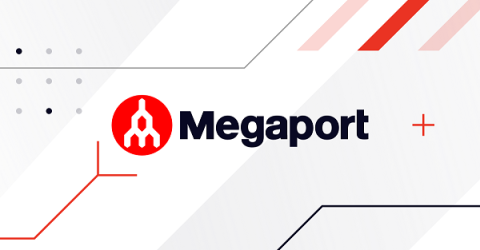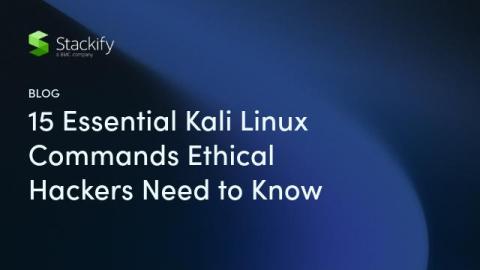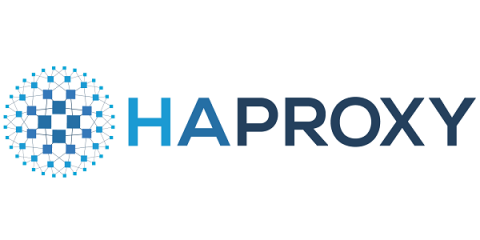Peering: How Local Is Local?
Optimize network performance by ensuring both you and your peers are locally connected. When it comes to Internet Exchanges (IXs), there are two types of peering: local peering and remote peering. And depending on your network setup and goals, the type you use can have a significant impact on your network performance. While remote peering has valuable use cases, we often see customers using it in scenarios where it is actually doing more harm than good to their network performance.











